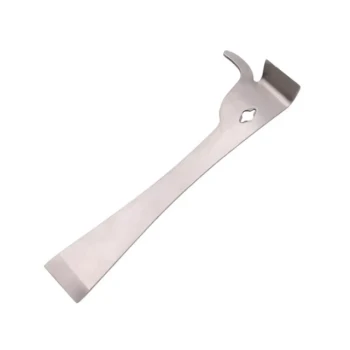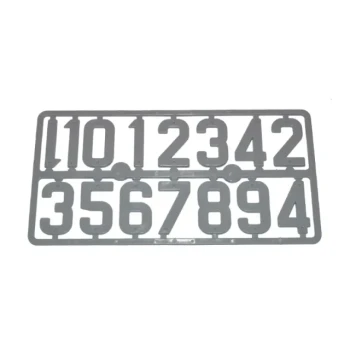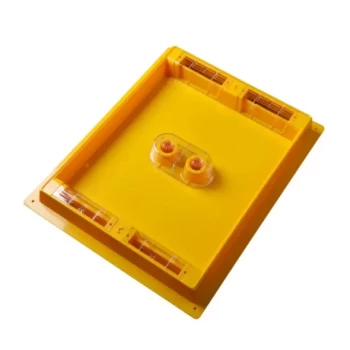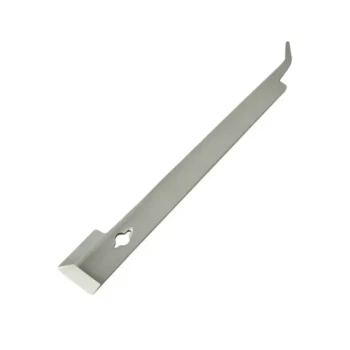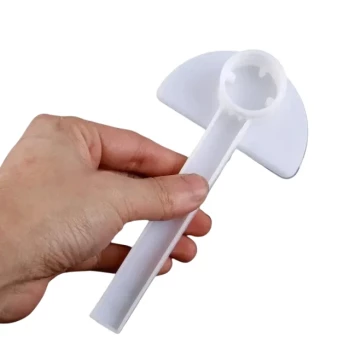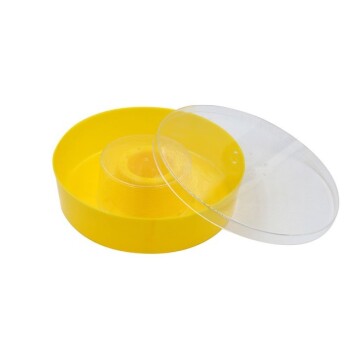When a nucleus hive is no longer needed for support, its purpose shifts from a temporary resource to a permanent asset. Once your full-size colonies are strong enough and don't require more bees or brood, you have three primary strategic options: hive the nuc to create a new colony, split it to prevent swarming and multiply your resources, or sell it.
Your nucleus hive has successfully completed its mission of boosting larger colonies. Now, you must decide its future based on your goals for apiary expansion, resource management, or revenue generation.

Option 1: Hive the Nuc into a Full Colony
This is the most direct path to expanding your apiary. Hiving a nuc means transferring its frames and population into a full-size hive body.
The Goal: Creating a New Production Unit
The objective here is to grow the nuc into a self-sustaining colony that can eventually produce honey, pollinate, or be used for future splits. You are graduating the nuc from a support role to a primary production unit.
When This is the Right Choice
Choose this path if your primary goal is to increase your total number of hives. This is ideal for beekeepers focused on growth and scaling their operation.
Key Considerations for Hiving
Success requires providing the new colony with the right resources. You will need a full 8-frame or 10-frame hive body, a bottom board, and covers. You will also likely need to continue feeding the new colony sugar syrup to encourage them to draw out the remaining frames with fresh wax comb.
Option 2: Split the Nuc
A strong, growing nuc will eventually run out of space. If left unmanaged, it will likely swarm. Splitting is a proactive measure to prevent this.
The Goal: Preventing Swarming and Multiplying Assets
By splitting one strong nuc, you create two smaller ones. This immediately alleviates the congestion that triggers swarming and effectively doubles your number of nucleus colonies, which can be grown out or sold later.
The Process in Brief
The basic process involves moving a few frames of brood, honey, and bees into a new nuc box. The original nuc will keep the laying queen, while the new, queenless split will need to raise a new queen from an egg or be given a new queen cell.
Option 3: Sell the Nuc
A healthy nuc is a valuable commodity, especially in the spring. Other beekeepers are often looking for established colonies to start their apiaries or replace winter losses.
The Goal: Generating Income and Reducing Workload
Selling nucs can be a reliable source of revenue. This is the best option if you do not wish to expand your apiary or manage more colonies.
What Makes a Nuc Valuable
A high-quality nuc for sale typically contains five deep frames with a proven, laying queen. It should have frames of brood in all stages (eggs, larvae, and capped pupae), frames of food (honey and pollen), and a healthy population of worker bees.
Understanding the Trade-offs
Each option presents a different set of benefits and challenges that you must weigh against your goals and resources.
Hiving: The Commitment to Expansion
The primary trade-off is the cost of new equipment and the long-term commitment of time and resources required to manage an additional full-size hive.
Splitting: The Need for Mating Success
Splitting carries a degree of risk. The queenless half is dependent on successfully raising and mating a new queen. Poor weather or a lack of drones can lead to failure, leaving you with a hopelessly queenless colony.
Selling: Market and Reputation
When you sell a nuc, your reputation is on the line. You have a responsibility to provide a healthy, disease-free product. This requires careful inspection and honest dealings, and you must also find a reliable market of buyers.
Making the Right Choice for Your Goal
Your decision should be a direct reflection of what you want to achieve with your beekeeping operation.
- If your primary focus is apiary expansion: Hive the nuc into a full-size box to create a new production colony.
- If your primary focus is proactive swarm control or creating more resources for later: Split the congested nuc into two smaller, more manageable units.
- If your primary focus is generating revenue or reducing your hive count: Sell the healthy, established nuc to another beekeeper.
Treating your nuc as a valuable and versatile asset empowers you to manage your apiary with intention and purpose.
Summary Table:
| Option | Primary Goal | Key Considerations |
|---|---|---|
| Hive the Nuc | Apiary Expansion | Requires new equipment; long-term management commitment. |
| Split the Nuc | Swarm Prevention & Multiplication | Risk of queen mating failure; creates two smaller colonies. |
| Sell the Nuc | Generate Revenue | Requires a healthy, disease-free nuc and a reliable market. |
Ready to scale your beekeeping operation with the right equipment?
Your nucleus hives are valuable assets, and managing them effectively requires reliable, high-quality supplies. Whether you're hiving, splitting, or selling, HONESTBEE is your trusted wholesale partner.
We supply commercial apiaries and equipment distributors with the durable beekeeping supplies needed to support growth and maintain healthy colonies. From nuc boxes to full hive bodies, our equipment helps you manage your resources with confidence.
Contact HONESTBEE today to discuss your wholesale needs and let us help you build a stronger, more profitable apiary.
Visual Guide
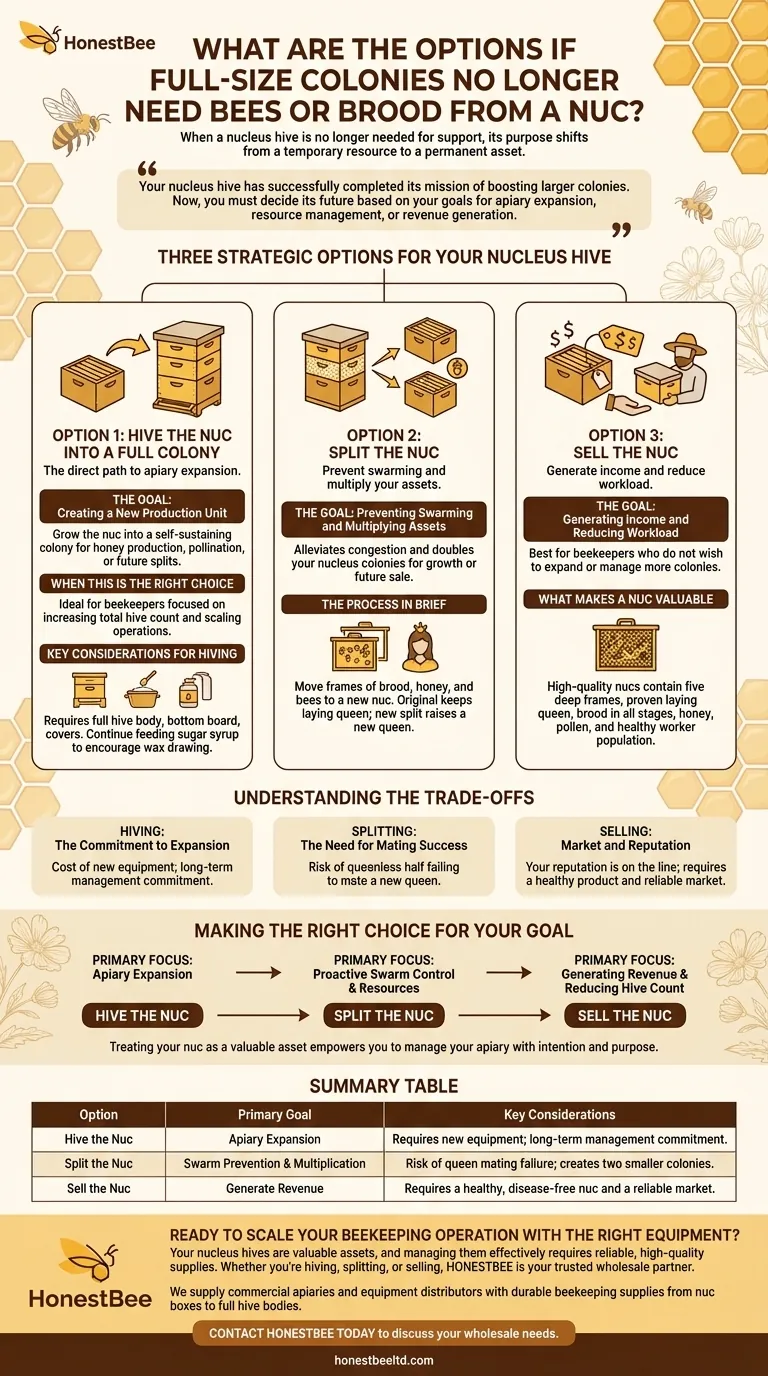
Related Products
- 4 Frame Plastic Nuc Boxes for Beekeeping Bee Nuc Box
- HONESTBEE Professional Long Handled Hive Tool with Precision Cutting Blade
- Wholesales Dadant Size Wooden Bee Hives for Beekeeping
- Professional Hive Front Entrance Bee Feeder
- Professional Multi-Function Stainless Steel Hive Tool
People Also Ask
- What are the immediate steps for installing a bee nuc upon arrival? Tips for Colony Success
- How can creating a nuc be used for swarm control? Prevent Bee Loss with Strategic Splitting Techniques
- What is the step-by-step process for transferring a nucleus colony into a new hive? A Guide to Nuc Success
- How should a hive location be prepared before installing a nucleus hive? 4 Steps to Optimize Your Apiary for Success
- When can nucleus colonies (nucs) be created? Optimal Timing for Apiary Growth and Survival




